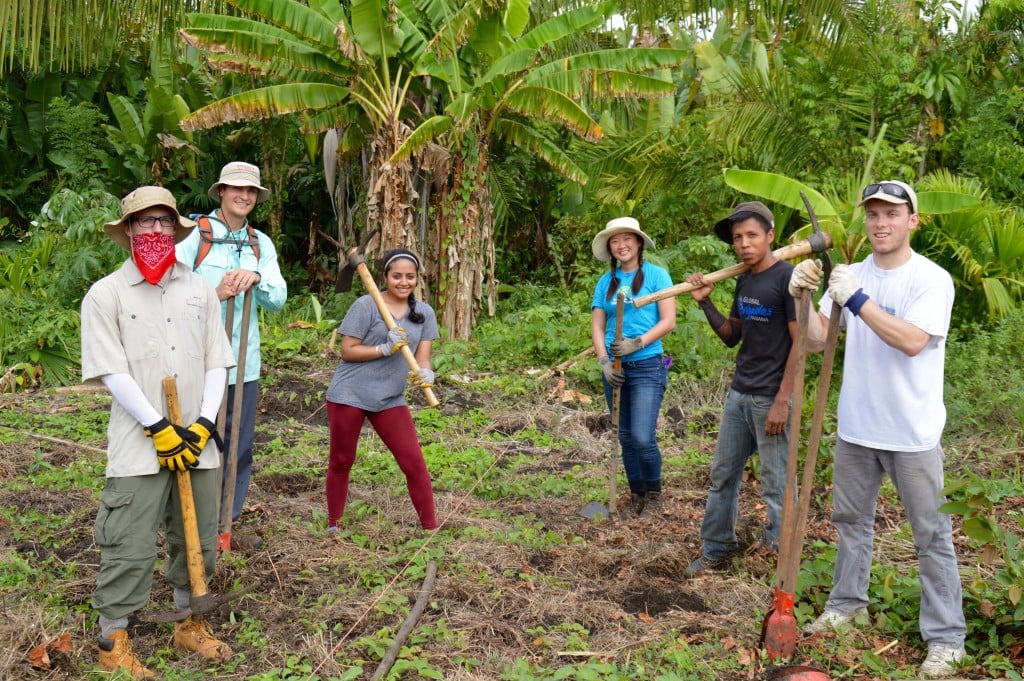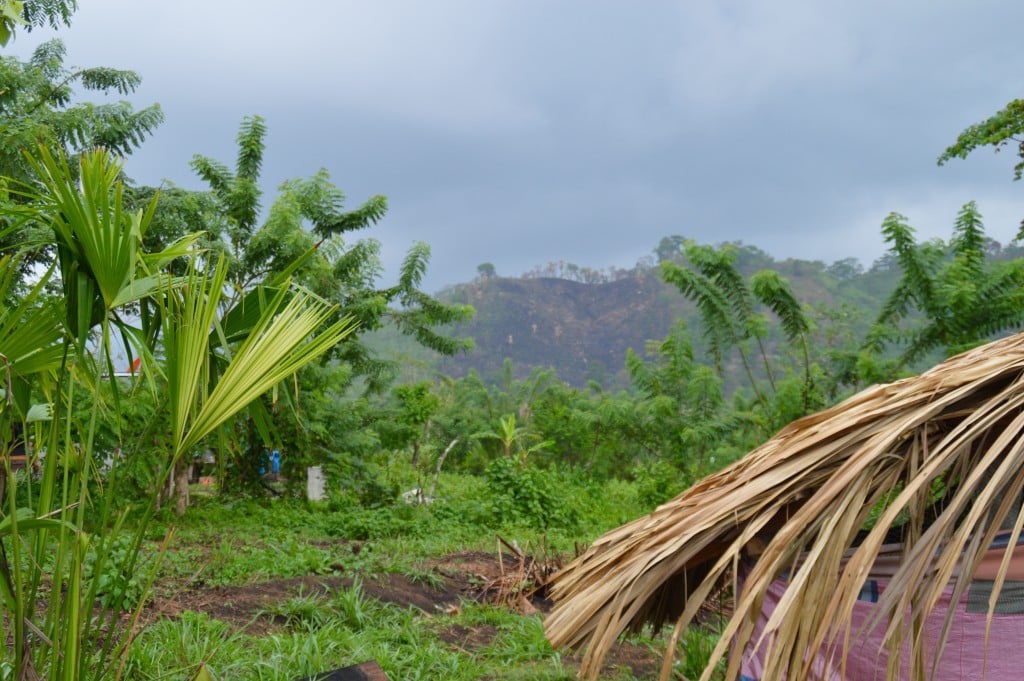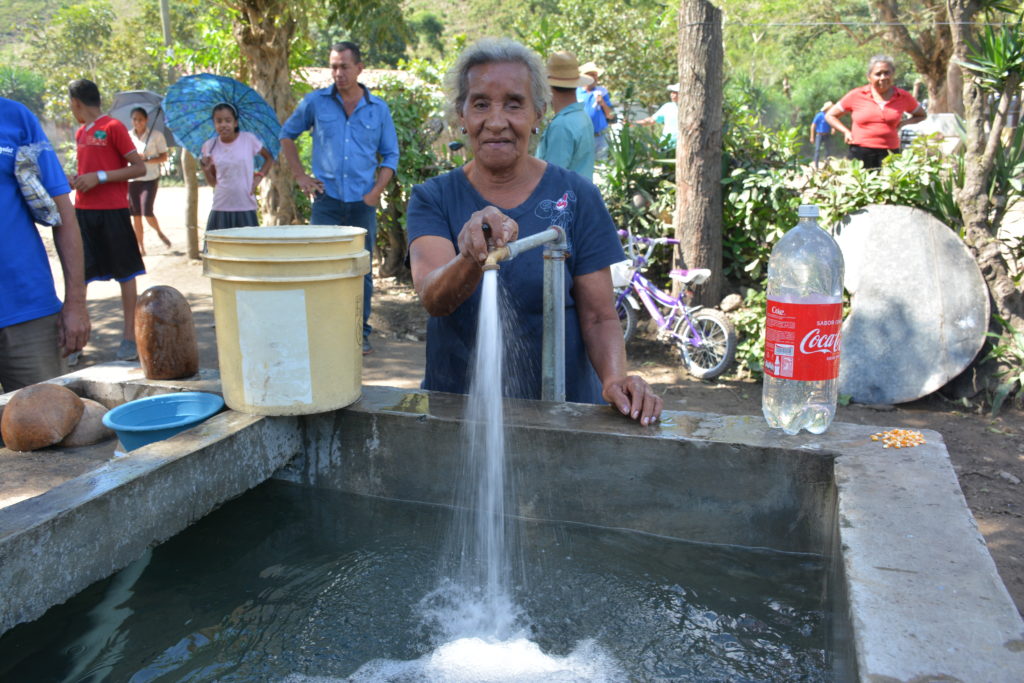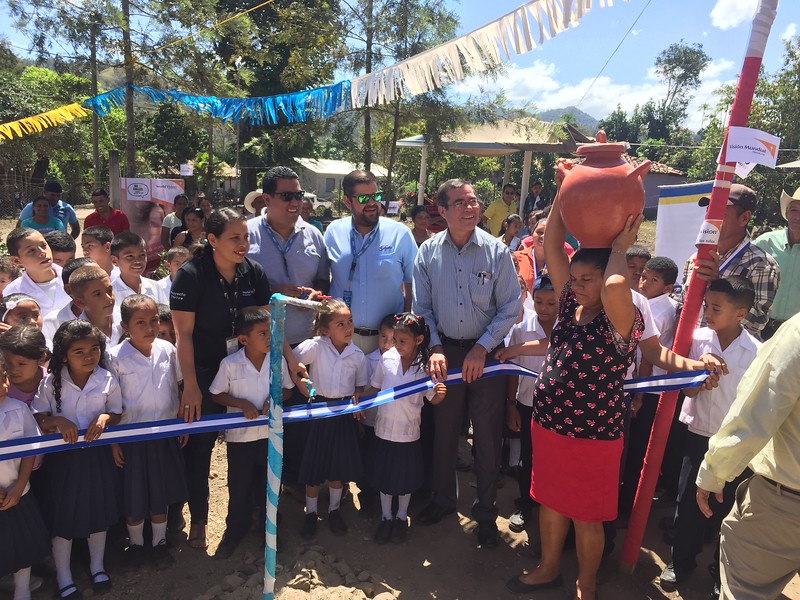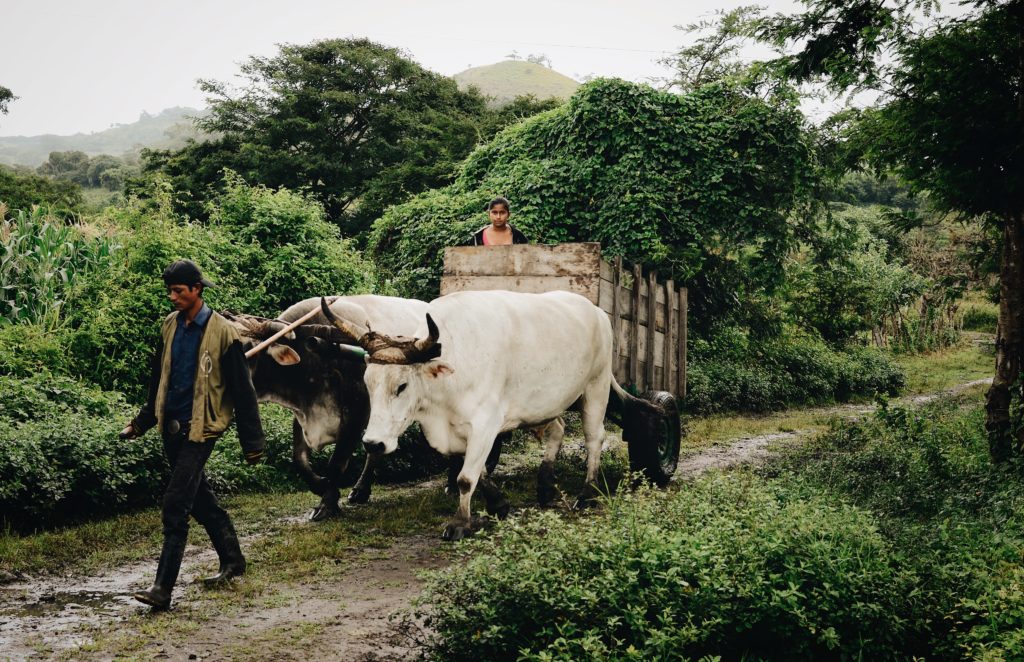Environmental Brigades introduce sustainable agriculture consultations for rural farmers.
By Sarah Donovan, Panama Sustainable Development Program Associate
Adaptation is key for a development organization. Just as communities continue to grow and evolve, so must the programs with which they partner. In light of this ever-changing environment, Global Brigades works to constantly analyze and modify our program structure so that communities can achieve their sustainable development goals. In 2016, GB Panama’s Environmental Program will do just that by integrating economic development into our sustainable agriculture efforts- measures that are in accordance with the international development community.
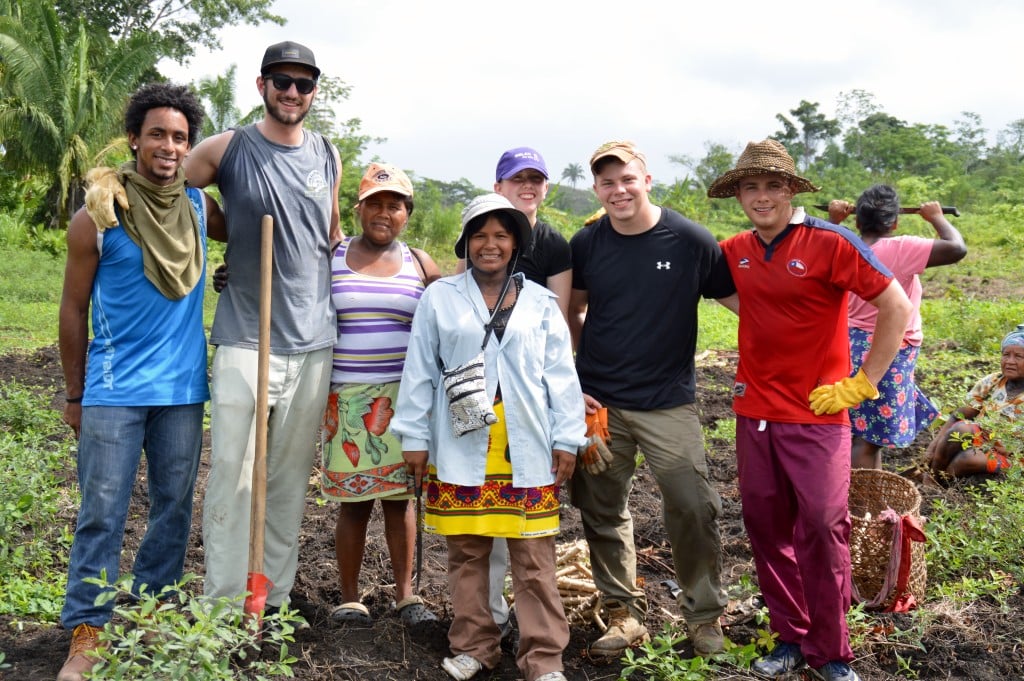
In the most recent edition of the UN’s Trade and Environment Review, experts call for “a paradigm shift in agricultural development: from a ‘green revolution’ to an ‘ecological intensification’ approach (UNCTAD 2013).” At a community level, these recommendations urge our agricultural system to move towards small-scale, sustainable agriculture by providing technical and business support to local farmers. This holistic outlook enables farmers to both increase their individual production and contribute to the preservation of local biodiversity. Small-scale farms will essentially become localized hubs to mitigate the effects of climate change. This land will sequester carbon and provide environmental services (such as air purification and groundwater filtration) to communities and the surrounding area.
By implementing GB Panama’s “Model Farm” projects, our partner communities have been able to support these global aims through the integration of various crops and livestock into their communally-owned land. Model Farms serve not only as an instructional tool for local farmers who wish to implement sustainable practices, but also as a means for the entire community to benefit economically from the sale of crops and livestock. The UN’s Review, however, dictates that the efficacy of environmental and economic development projects must be cultivated at the individual level. As such, Global Brigades Panama is following these recommendations by further merging the activities of Environmental, Business, and Microfinance Brigades.
GB Panama will use the crop yield and profit projections from Environmental Brigades to support local farmers as they transition to organic, high-productivity agricultural practices. Starting next year, our main goal will be to improve local farmers’ capacity to produce crops more efficiently and competitively by using environmentally friendly practices. Environmental Program Manager Alberto Polo says that these Business Brigade program elements will enable community members to provide proper nutrition for their families without relying on government support, ultimately increasing food security within these communities.
Families in Panama’s Darién Province live on approximately $10 per day, so increasing production and sustainable farming practices will add much-needed stability. Global Brigades Panama hopes that these Environmental Program efforts will not only preserve the environment but also enhance the well-being of the people who rely directly on this land to support their families. Working towards a more holistic and integrated programming model will extend the impact of brigades beyond the scope of their specific issue area and more concretely support international development standards.